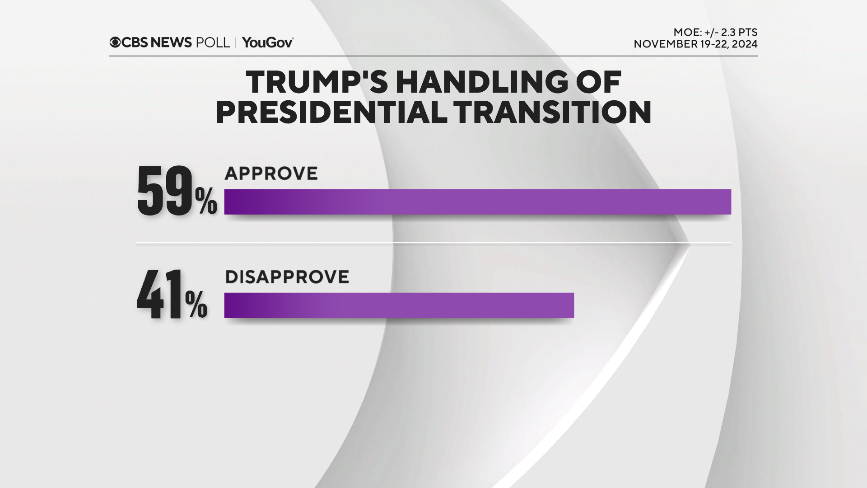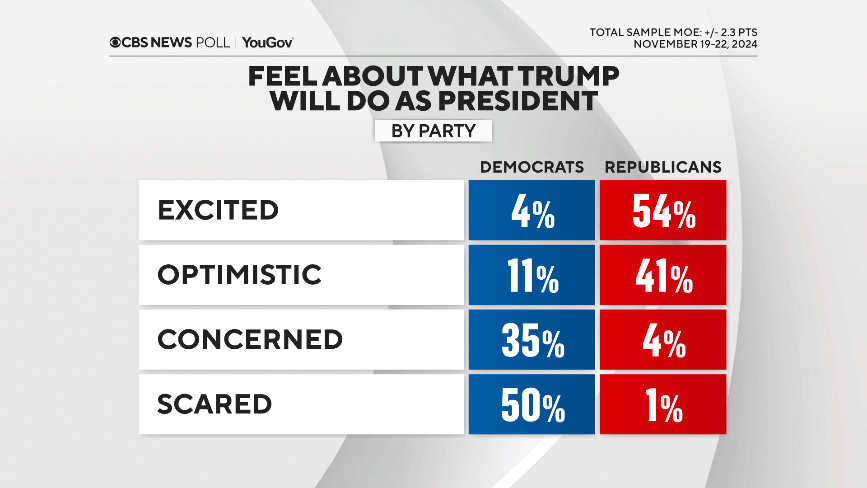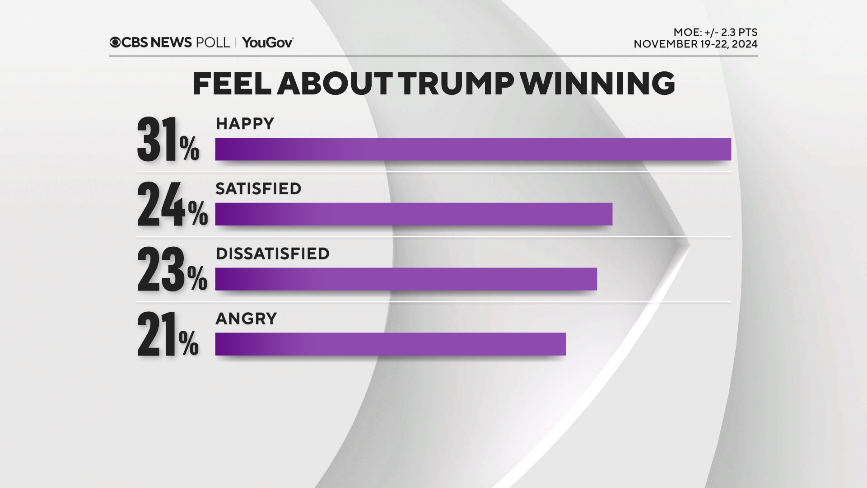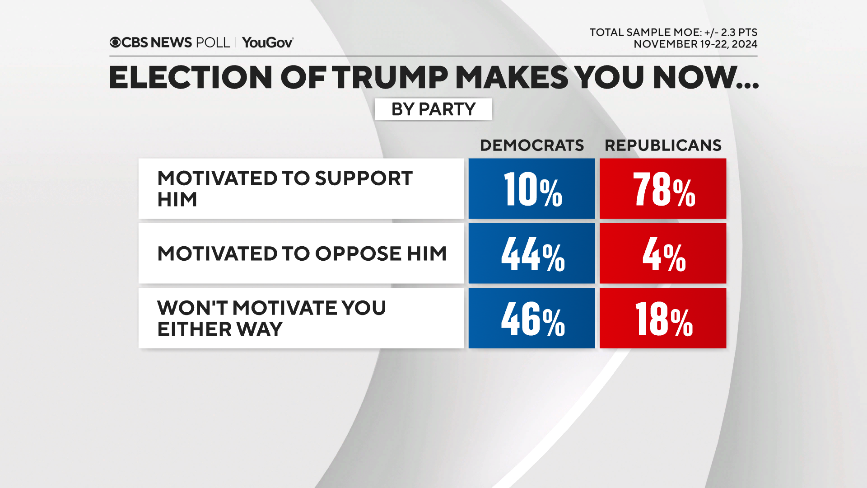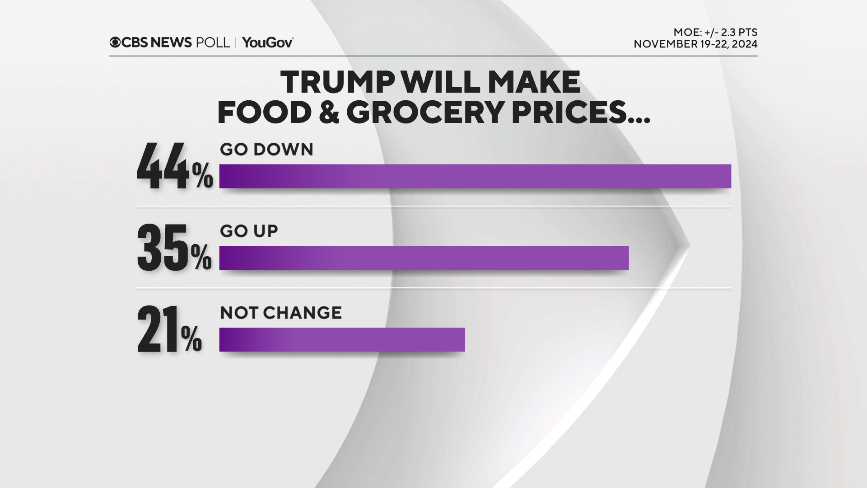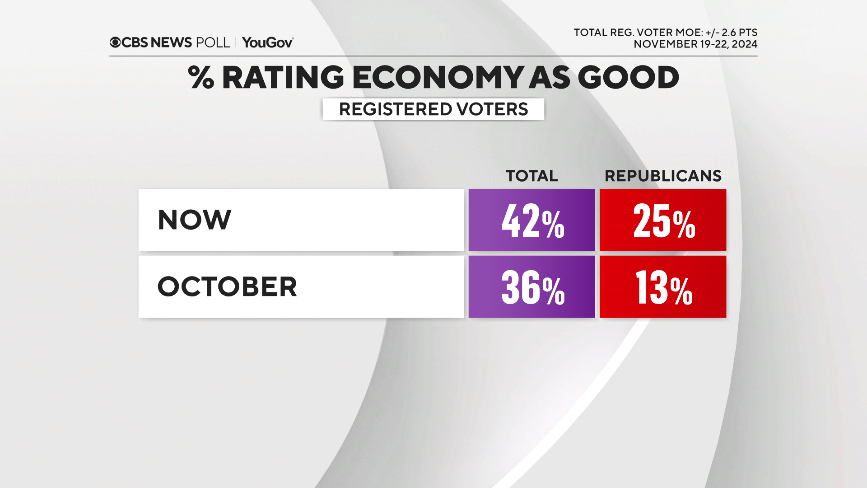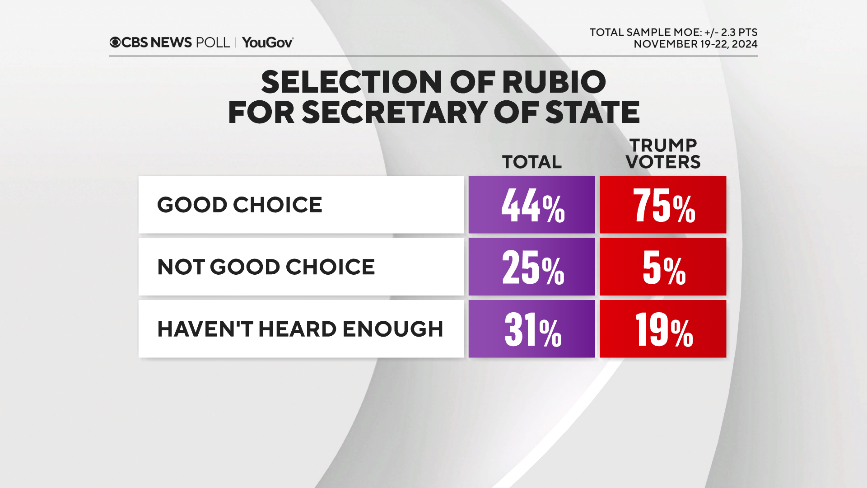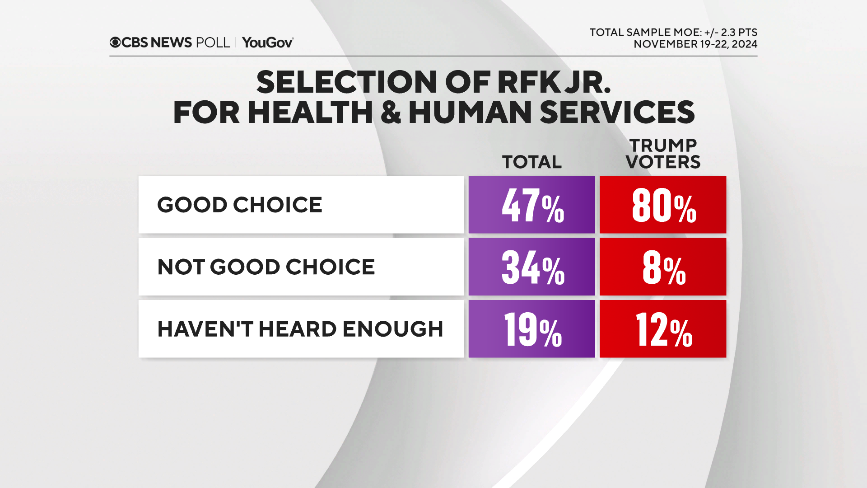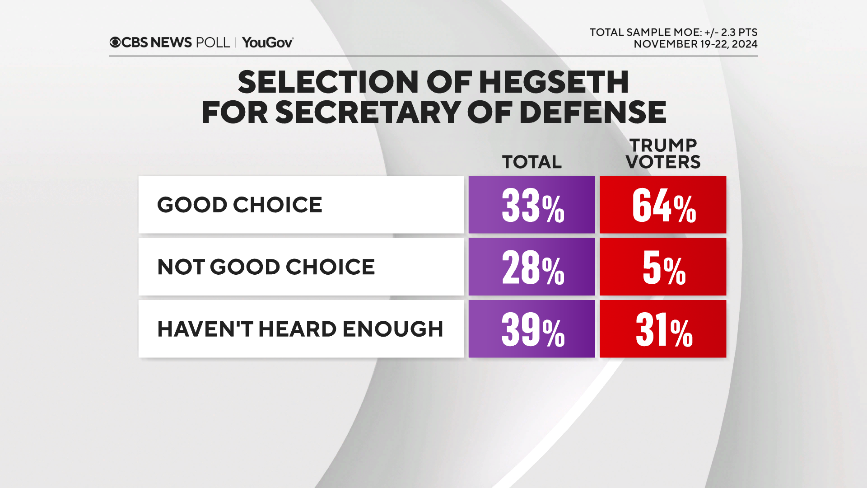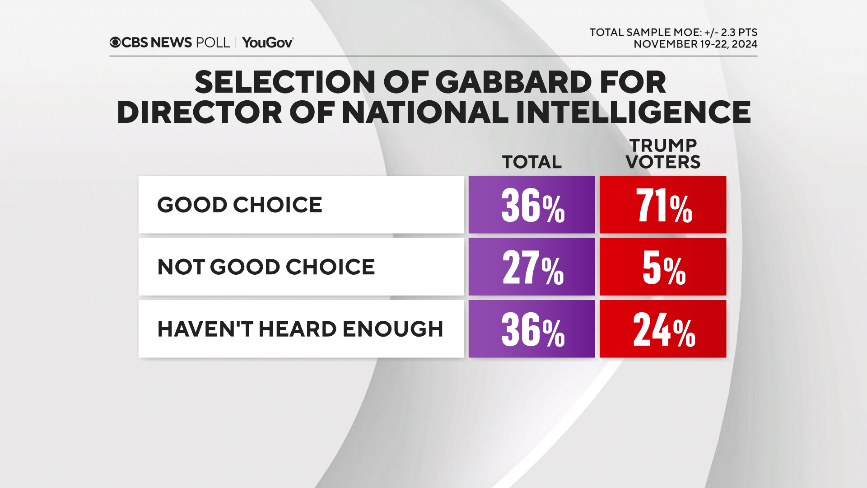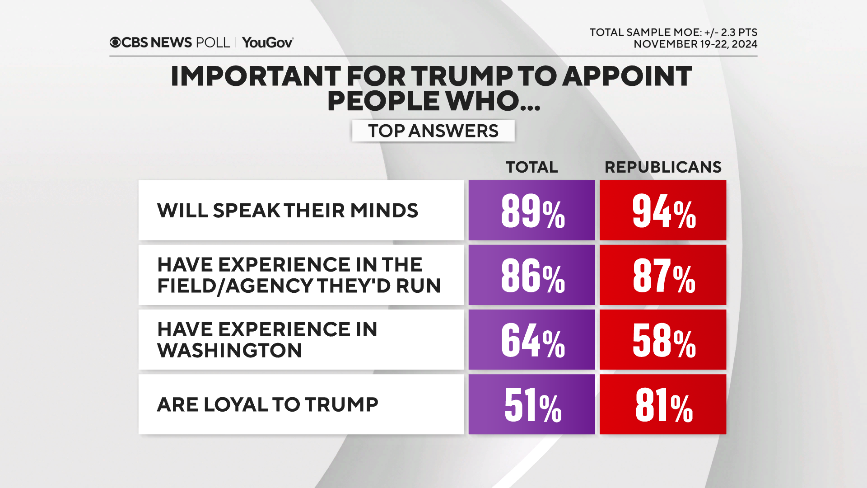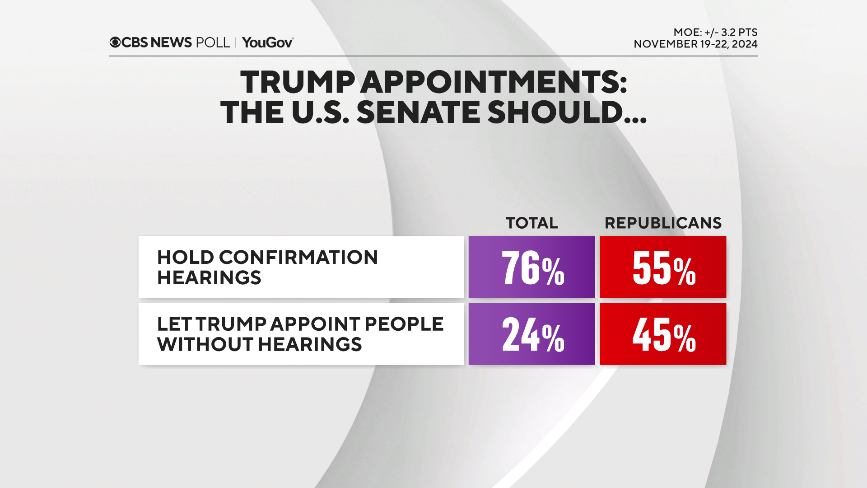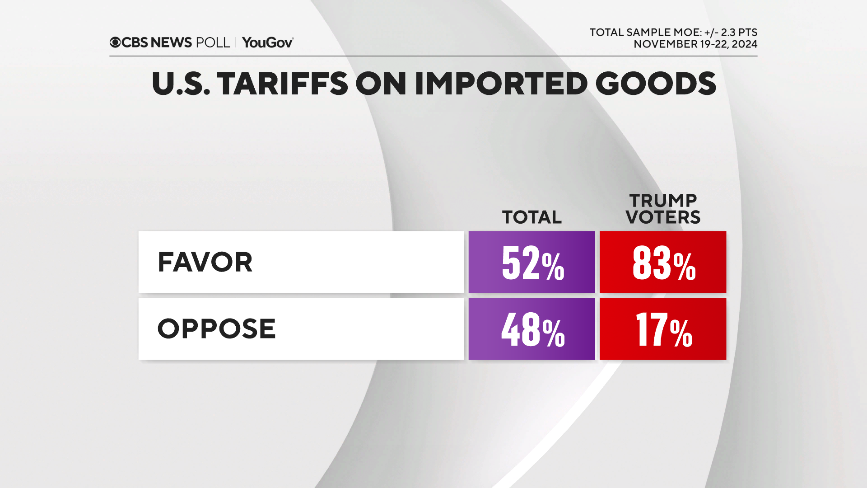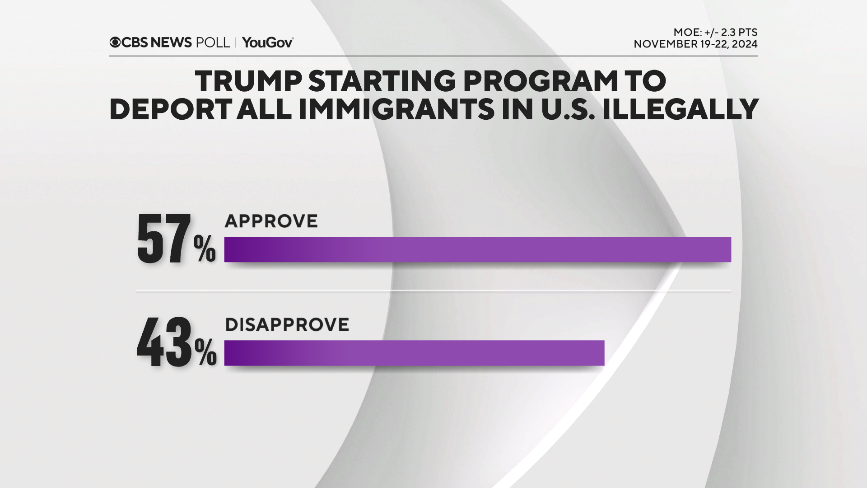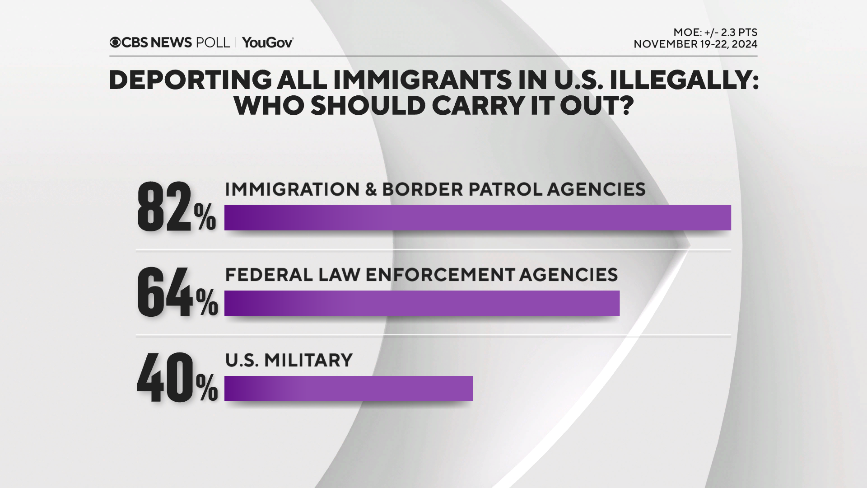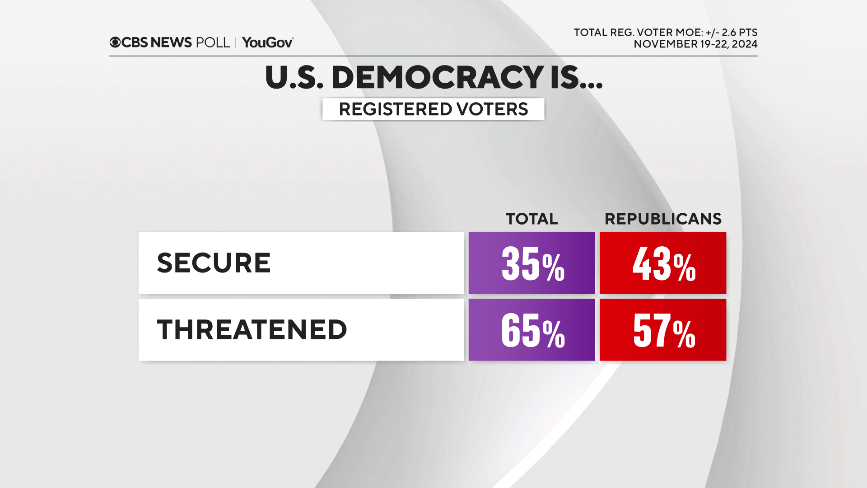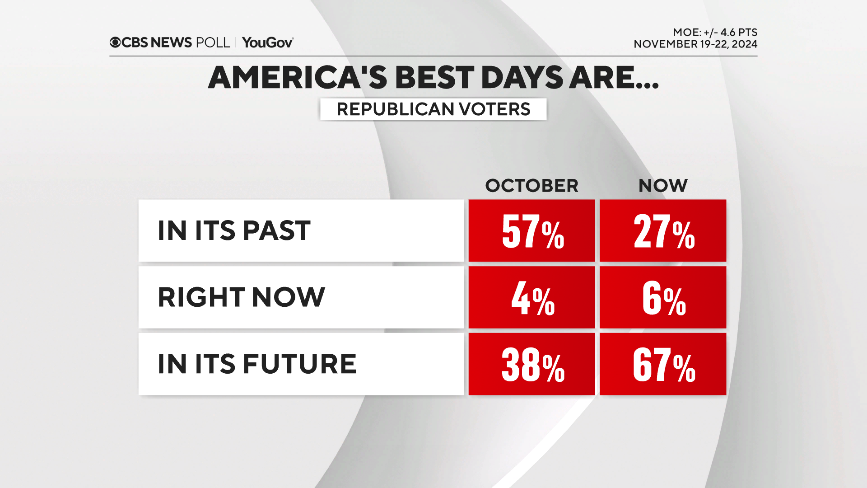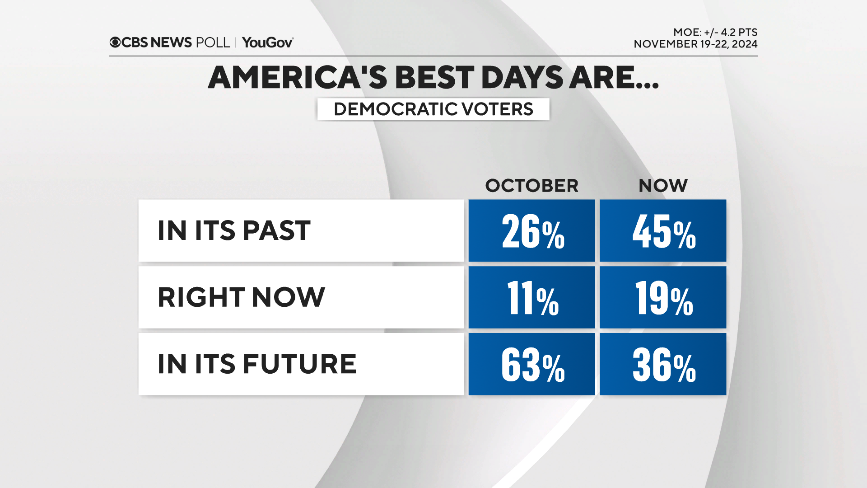CBS News
Moon fests, moon movie and even a full moon mark 55th anniversary of Apollo 11 landing
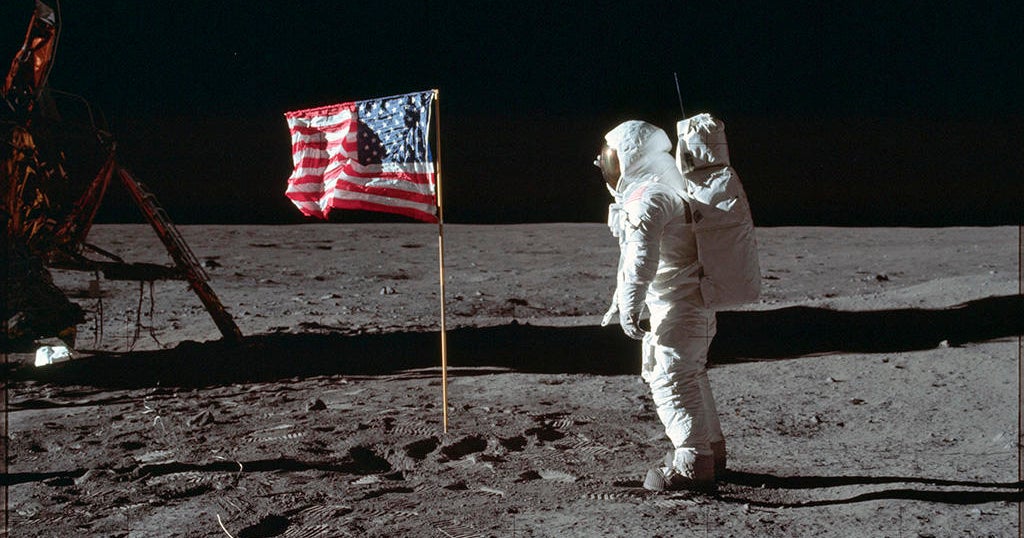
The cosmos is providing a full moon for the 55th anniversary of the first lunar landing this weekend, and plenty of other events honor Neil Armstrong and Buzz Aldrin’s giant leap.
Aldrin, 94, the last surviving member of the Apollo 11 crew, headlines a gala at the San Diego Air and Space Museum on Saturday night. He’ll be joined by astronaut Charlie Duke, who was the voice inside Mission Control for the July 20, 1969 moon landing.
Museum President Jim Kidrick couldn’t resist throwing a bash “55 years to the day of one of the most historic moments in not only the history of America, but in the history of the world.”
Can’t make it to San Diego, Cape Canaveral or Houston? There are plenty of other ways to celebrate the moon landing, including the new film “Fly Me to the Moon,” a light-hearted lookback starring Scarlett Johansson.
And you can explore all things Apollo 11 on a special website by the Smithsonian Institution’s National Air and Space Museum.
If nothing else, soak in the full moon Saturday night into Sunday morning.
Here’s a rundown of some Apollo 11 tributes:
‘The Eagle has landed’
NASA’s Kennedy Space Center is holding a moon fest at its tourist stop, just a few miles from where the Saturn V rocket thundered away with Armstrong, Aldrin and Michael Collins on July 16, 1969. Houston’s Johnson Space Center, home to Mission Control, is also getting into the act. Four days after they left Earth, Armstrong and Aldrin, in their lunar module, Eagle, settled onto the Sea of Tranquility at 4:17 p.m. Eastern with barely any fuel remaining. “Houston, Tranquility Base here. The Eagle has landed,” Armstrong radioed from 240,000 miles (386,000 kilometers) away. “No moment united the country quite like when the Eagle landed, as all of planet Earth watched from below,” NASA Administrator Bill Nelson said Friday in an anniversary message.
‘One small step’
“That’s one small step for man, one giant leap for mankind,” Armstrong proclaimed as he became the first person to step on the moon. Armstrong grew up in northwestern Ohio’s Wapakoneta, now home to the Armstrong Air and Space Museum. The museum’s tribute Saturday begins with a pair of “Run to the Moon” races. followed by model rocket launches and wind tunnel demos. John Glenn, the first American to orbit Earth, hailed from New Concord on the opposite side of the state, some 150 miles (240 kilometers) away. The John and Annie Glenn Museum will be open there on Saturday for your astronaut fix.
‘Magnificent desolation’
Aldrin followed Armstrong outside on the moon, uttering “Magnificent desolation.” They spent just over two hours treading the dusty surface, before returning to their lunar module and blasting off to link back up with Collins, the command module pilot who had remained in lunar orbit. Armstrong’s spacesuit for the moonshot was restored in time for the 50th anniversary in 2019. It’s on display at the Smithsonian’s National Air and Space Museum in Washington, along with their return capsule. Aldrin and Collins’ spacesuits from Apollo 11 are also part of the Smithsonian collection and are currently in storage. Collins died in 2021, less than a year after the 50th anniversary; Armstrong died in 2012.
Splashdown!
The capsule holding Armstrong, Aldrin and Collins — dubbed Columbia — splashed down in the Pacific on July 24, 1969. They were recovered by the USS Hornet, a Navy aircraft carrier that repeated the job for Apollo 12 four months later. The Hornet is now part of a museum in Alameda, California, with a splashdown party planned aboard the ship on Saturday. Some of the original recovery crew will be there. The Apollo 11 astronauts immediately went into quarantine aboard the Hornet and, along with 48 pounds (22 kilograms) of moon rocks and soil, remained off-limits for weeks as they were moved to Houston. Scientists feared the astronauts might have brought back moon germs. Most of the rocks remain locked up inside a restricted lab at Houston’s Johnson Space Center. The Apollo program landed 12 astronauts on the moon from 1969 through 1972.
Next up: Apollo’s twin
NASA aims to send four astronauts around the moon next year — part of a new moon program named Artemis after Apollo’s twin sister in Greek mythology. The SLS rocket for that flyaround — short for Space Launch System — is due at Kennedy Space Center next week. It’s arriving by barge from NASA’s Michoud Assembly Facility in New Orleans. This core stage will get a pair of strap-on boosters at Kennedy before blasting off in September 2025 — at the earliest — with three U.S. astronauts and one Canadian. None of them will land on the moon; that will come on a following mission with another crew no earlier than 2026.
CBS News
Good enough to eat: Noah Verrier’s paintings of comfort food

Watch CBS News
Be the first to know
Get browser notifications for breaking news, live events, and exclusive reporting.
CBS News
A study to personalize nutrition guidance just for you

Watch CBS News
Be the first to know
Get browser notifications for breaking news, live events, and exclusive reporting.
CBS News
CBS News poll finds Trump starts on positive note as most approve of transition handling

President-elect Donald Trump’s incoming administration starts off with mostly good will from the public: a majority of Americans overall are either happy or at least satisfied that he won and are either excited or optimistic about what he’ll do as president.
Trump’s handling of his presidential transition gets approval from most Americans overall and brings near-universal approval from his voters, along with a net-positive response about his selections for Cabinet posts, in particular, Sen. Marco Rubio, who is Trump’s pick to be secretary of state.
After inflation and the economy so dominated the election, Americans are more inclined to think his administration will bring down prices for food and groceries rather than raise them, and his voters overwhelmingly say that. Going into the election, his backers expected that, too.
In a similar vein, Trump’s election already has some Republicans’ views of the economy improving.
Overall, Republicans today are more excited about what Trump will do as president now than they were in 2016 when he was first elected.
Democrats say they feel more scared about what Trump might do than they did in 2016, and a large majority of Democrats think as president he will threaten their rights and freedoms. But at the same time, there seems to be a sense of exhaustion, as fewer than half of Democrats feel motivated to oppose Trump right now.
Americans, and Democrats specifically, do think the Biden administration should work with the incoming Trump administration to ensure a smooth transition, and that congressional Democrats should work with Donald Trump on issues where they find common ground.
Trump and the economy
After winning comes expectations. There’s a net optimism about the incoming administration’s effect on food and grocery prices, especially among Trump’s voters. That comes as most Americans continue to say prices are currently rising. And inflation was a big factor in Trump winning in the first place.
It may be no surprise then that among many potential items for the incoming administration, Americans say plans to lower prices ought to be the top priority.
The percentage of Republicans who call the U.S. economy good, while still low, has gone up, as the percentage who call it very bad has dropped. That pushes voters’ overall evaluation of the economy slightly higher than it’s been this year — and further spotlights how much partisanship, along with optimism, always plays into these evaluations.
Trump selections of Cabinet and agency chiefs for his administration
Trump’s current selections for agency heads and Cabinet picks get rated overwhelmingly as good choices from Trump’s voters, and are net-positive as selections among Americans who have heard enough about them to say. (Many have not heard enough yet.)
As a general rule, Americans want Trump to appoint people who’ll speak their minds and who have experience in the field or agency they’ll run. But in addition to those qualities, Republicans also want people who’ll be loyal to Trump.
A large majority of Republicans and Trump voters think Elon Musk should have at least some influence in the Trump administration. Americans overall are more split on that, largely along partisan lines.
Big majorities of Americans — and a slight majority of Republicans — would like to see the Senate hold hearings on his nominations, rather than let him make those appointments without it.
(Within self-identified Republicans, MAGA Republicans are relatively more inclined to say the Senate should skip the hearings.)
That sentiment holds whether or not people are told or reminded that the Constitution says the Senate should give advice and consent.
As a general matter, though, most of Trump’s voters and most Republicans do want Trump to have more presidential power this term than he did in his last. That sentiment is higher among Republican voters now than during the campaign.
Trump policies
On another economic front, Trump’s voters overwhelmingly favor the idea of tariffs: most of them don’t believe that will make prices higher. (For the third who believe tariffs will raise prices but support them anyhow, this is presumably a cost they’re willing to bear.)
For the public overall, opposition to tariffs goes hand in hand with the belief they’ll lead to higher prices.
As was the case with voters throughout the campaign, most Americans would, in principle, approve of a new mass deportation program.
If the Trump administration does start a mass deportation program, most of the public would have it carried out by law enforcement or current immigration agencies — most would not have the U.S. military do it.
Elections and democracy
The 2024 results have shifted Republicans’ views of U.S. democracy and also returned some confidence to their view of U.S. elections. Few Republicans suspect fraud in 2024. They overwhelmingly did about 2020.
Following Trump’s victory, there’s been an increase in the number of Republicans who say democracy and rule of law is secure, though most Americans continue to say it is not.
Looking ahead, there’s another shift along partisan lines. Throughout the campaign, Republicans said America’s best days were in its past, while Democrats felt they were in the future. These views are reversed now. After Trump’s win, most Republicans feel America’s best days are in its future.
This CBS News/YouGov survey was conducted with a nationally representative sample of 2,232 U.S. adults interviewed between November 19-22, 2024. The sample was weighted to be representative of adults nationwide according to gender, age, race, and education, based on the U.S. Census American Community Survey and Current Population Survey, as well as 2024 presidential vote. The margin of error is ±2.3 points.








